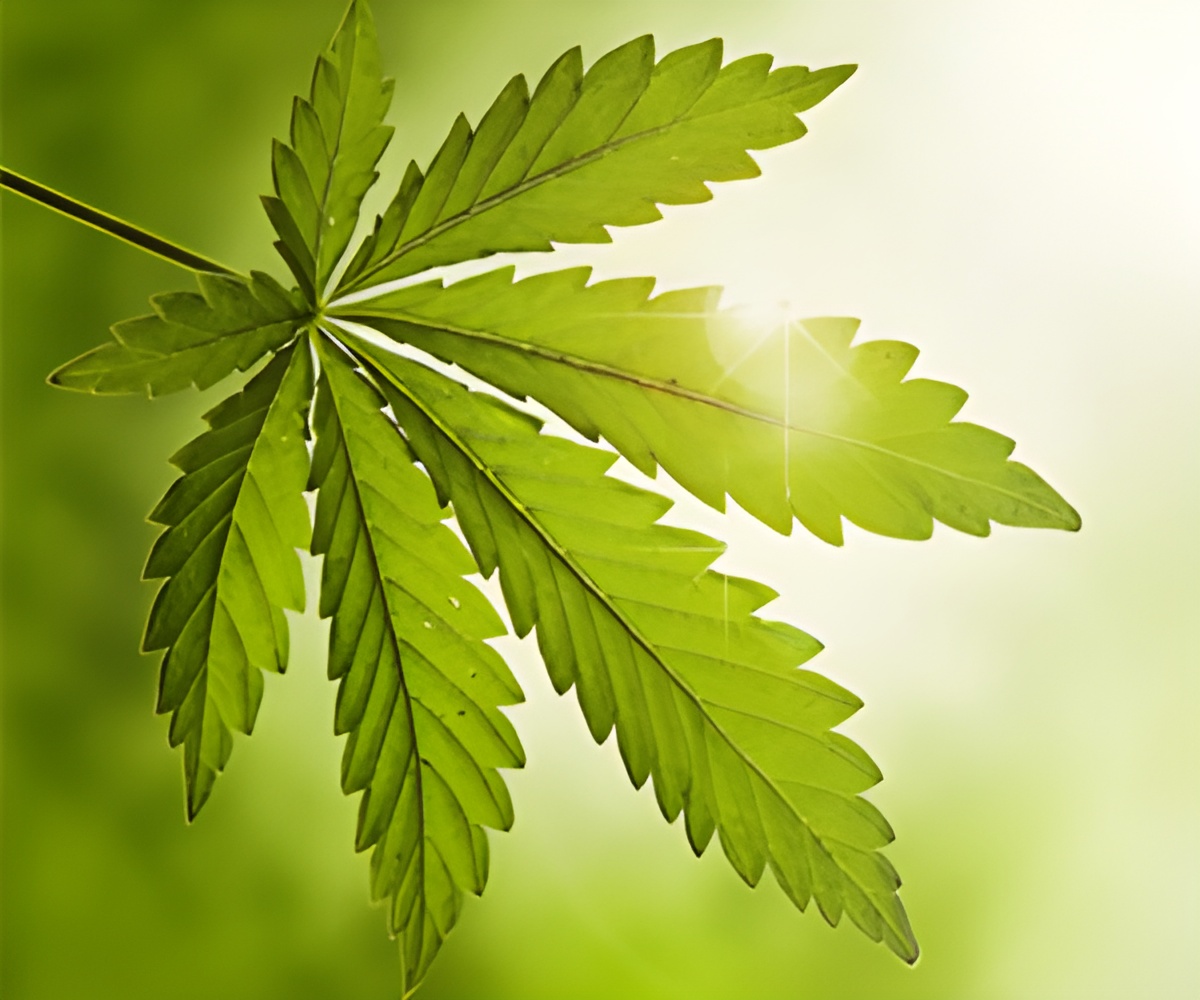A new study has identified an association between ACEs and cannabis use.

Adverse childhood experiences and adolescent cannabis use trajectories: findings from a longitudinal UK birth cohort
Go to source). The research, led by University of Bath psychologist, and expert in adolescent //mental health, Dr Lindsey Hines, analysed outcomes for over 5,000 participants tracked using the Avon Longitudinal Study of Parents and Children - also known as the ‘Children of the 90s’ study.
What are Adverse Childhood Experiences
Adverse childhood experiences (‘ACEs’) considered included physical, emotional and sexual abuse, emotional neglect, bullying, parental substance use, violence between parents, parental mental health challenges, and a parent being convicted of a criminal offence.‘Individuals who had been exposed to four or more adverse childhood experiences (ACEs) were twice as likely to use cannabis regularly as teenagers. ’





Through the study they combined these negative experiences in childhood with self-reported data about the frequency of cannabis use at various points between ages 13 – 24. Self-reported data ranged from individuals having never experimented with cannabis to using it regularly in their teenage years. Teens who had grown up with parents who had abused drugs or alcohol, or had parents with mental health problems, were at the most risk of going on to regularly use cannabis.
Given the long-term mental and physical health implications of cannabis use at young ages, they are calling for much greater support to be put in place to help young people before cannabis use becomes engrained. Parts of the UK could learn from approaches like the cannabis support for young people offered by Bristol Drug Project (BDP), they say.
Dr Lindsey Hines explained: “Our study is one of the first to comprehensively track adverse childhood experiences from birth, and to see how they relate to teenage cannabis use which can begin as early as 13. Through this, we observe a strong correlation between these difficult early life experiences and regular cannabis use in teenage years and young adulthood.
“A growing body of research is highlighting the challenges regular cannabis poses, in particular for young people’s long-term mental health. With this study we wanted to focus on those factors underlying cannabis use, with the hope of informing more targeted interventions which in the future can help young people and their families.”
Advertisement
Hazel McMahon is one of BDP’s New Leaf Cannabis Support Workers in its Youth team. She said: “Our youth team supports both young people who are using substances and those who are affected by someone else’s substance use. Through working with these two groups concurrently we see the significant overlap in these populations daily. ACEs and other trauma are significant factors in steering the provision of our services.
Advertisement
In recent years public sector organisations in Bristol and Gloucester have spearheaded plans to increase awareness of ACEs in the public sector, with a goal of reducing early exposure to adversity.
Reference:
- Adverse childhood experiences and adolescent cannabis use trajectories: findings from a longitudinal UK birth cohort - (https://www.thelancet.com/journals/lanpub/article/PIIS2468-2667(23)00095-6/fulltext)
Source-Eurekalert












